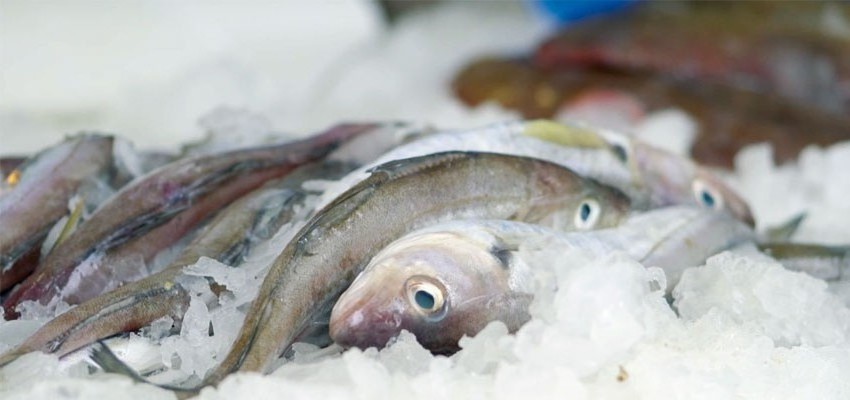
Eliminating discards is as much a societal challenge as a fishery management one, so we will also evaluate stakeholders’ perception of discards. DiscardLess will describe the changes in management and the associated governance structures needed to cement the process. We will propose approaches to managing discards in a range of case study fisheries across Europe, encompassing differences in specific discarding issues. All these innovations will be combined in integrated Internet based interactive programs (DMS toolbox) that will help fishers to evaluate the present and future situation and to take a more qualified decision of how to adjust to the new regime. Also, we will disseminate the outcome of the project and maximize knowledge transfer across Europe through an educational environment teaching the next generation – as well as more conventional routes.
The DiscardLess partners have extensive experience and knowledge about discards issues, and recognize the overall complexity of the problem. However, the members consider that a range of relatively simple actions used in conjunction can help mitigate discarding, and can help motivate stakeholders towards reducing discards without jeopardizing the ecological, social and economic sustainability of the fisheries.
The basic design will be to systematically combine technical and scientific knowledge with users’ knowledge using participatory approaches at all scales. The ambition is to be able to mobilise the vast, but fragmented, array of stakeholder knowledge already available. In each case study, the work will be framed according to these key questions:
We seek simple but comprehensive answers to these complex questions.